Blog Strengthening National and Regional Capacity for Climate Risk Assesment in the Western Agro-Ecological Zone of Rwanda
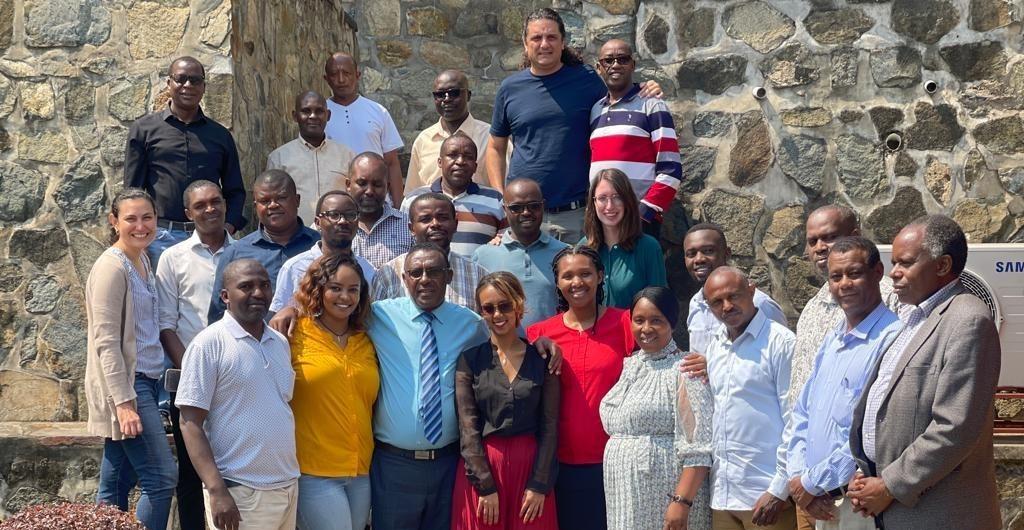
By Desire M. Kagabo, Patrick Gatsinzi, Nasson Ntwari
Through the Integrating Weather and Climate analytics into Agricultural Risk Management or simply Clim-ARM project, led by the Alliance of Bioversity International and CIAT and funded by the Bill and Melinda Gates Foundation (BMGF), stakeholders in the agricultural value chain at national and regional level are being capacitated in climate risk assessment in order to build their ability to conduct agriculture risk management processes, develop investment blueprints and inform their climate related decisions.
The Clim-ARM project is being implemented with local partners in Rwanda and Ethiopia. The project aims to draw on the best expertise in agricultural risk management and climate risk and forecast assessment to develop investment blueprints for integrated weather and climate services (WCS) necessary for high impact investments in agricultural risk management. Project focus areas include capacity development, climate, and agricultural risk assessments; stocktaking of ARM tools, services, and practices; co-identification and prioritization of robust intervention pathways for future piloting or scaling; and the development of road-mapped investment blueprints for WCS.
Clim-ARM project bases on the fact that most livelihoods in Sub Saharan Africa depend on small holder farming which is susceptible to climate shocks, hazards, and risks (prolonged droughts, unexpected droughts, storms, floods, delayed rains short term rains, etc.) thereby destroying crops, harvests livestock which result into hunger, malnutrition, and lack of incomes. Women, youth and children are the most affected. WCS for agriculture are key to anticipating and preparing farmers who are most vulnerable to climate risks.
Capacity building for the agricultural value chain actors in the western’ agro ecological zone
Western Agro-ecological zone is characterized by high-altitudes (Figure 1), upland and valley small-holder farmlands that are prone to soil erosion, soil creeping, landslides, and flooding resulting from climate shocks (Figure2).
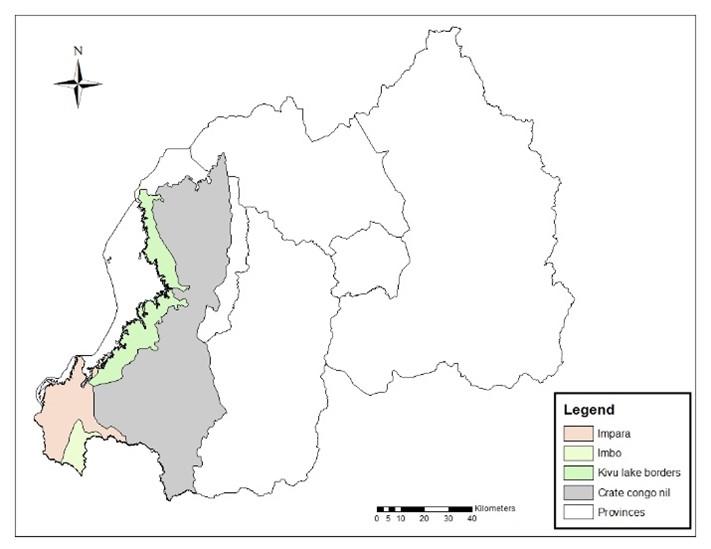
Figure 1. Western AEZ location and Western AEZ altitude
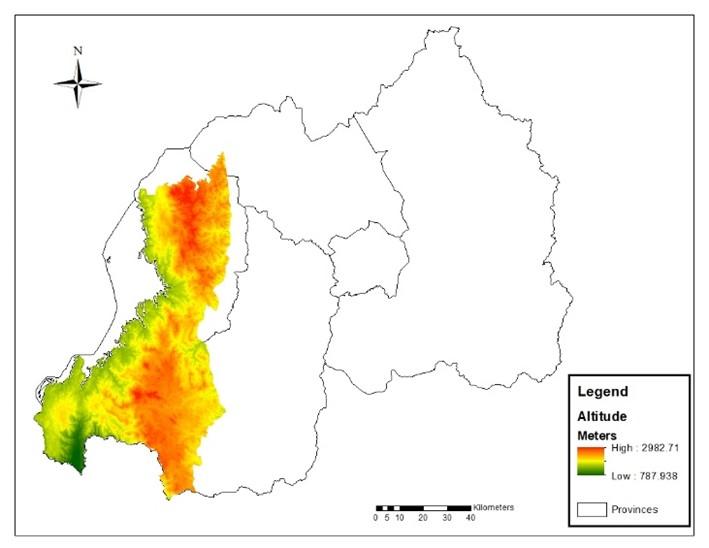
A 5-day regional workshop for Rwanda’s western Agro-ecological zone was held from 8th to 12th August 2022 at Moriah Resort Hotel, Karongi and it is one of the series of CLIM-ARM workshops that will be conducted in 5 representative Agro-ecological zones of Rwanda. The workshop objectives were to characterize, map, and prioritize rural livelihood, agricultural value chains and related stakeholders to engage in the development of national investment blueprints for prioritized ARM solutions in Rwanda.
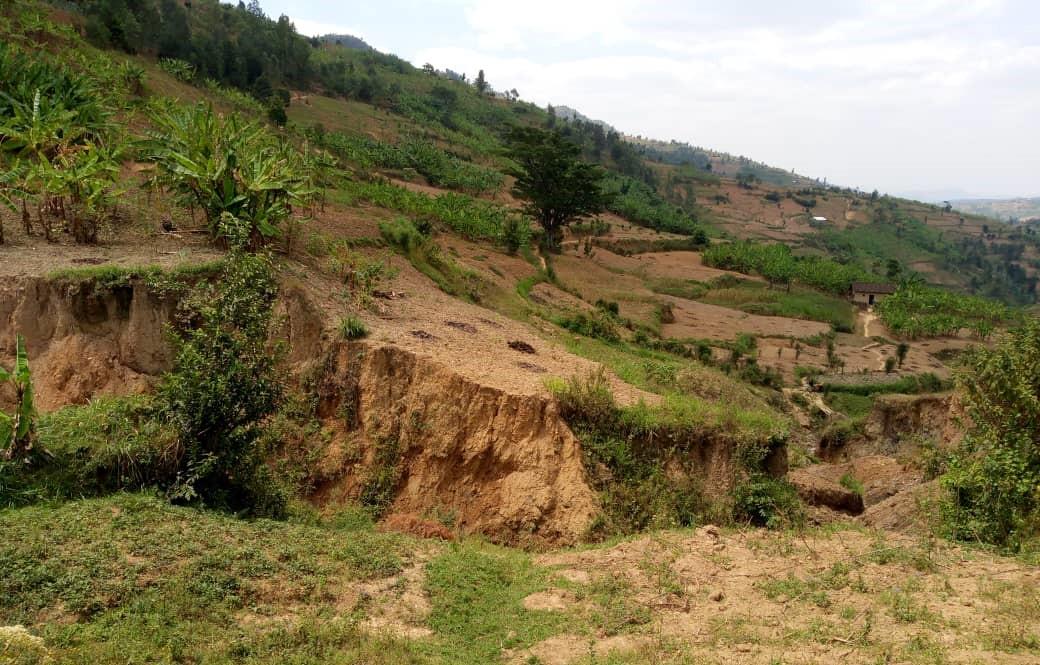
Figure 2. Photos captured in the western region of Rwanda
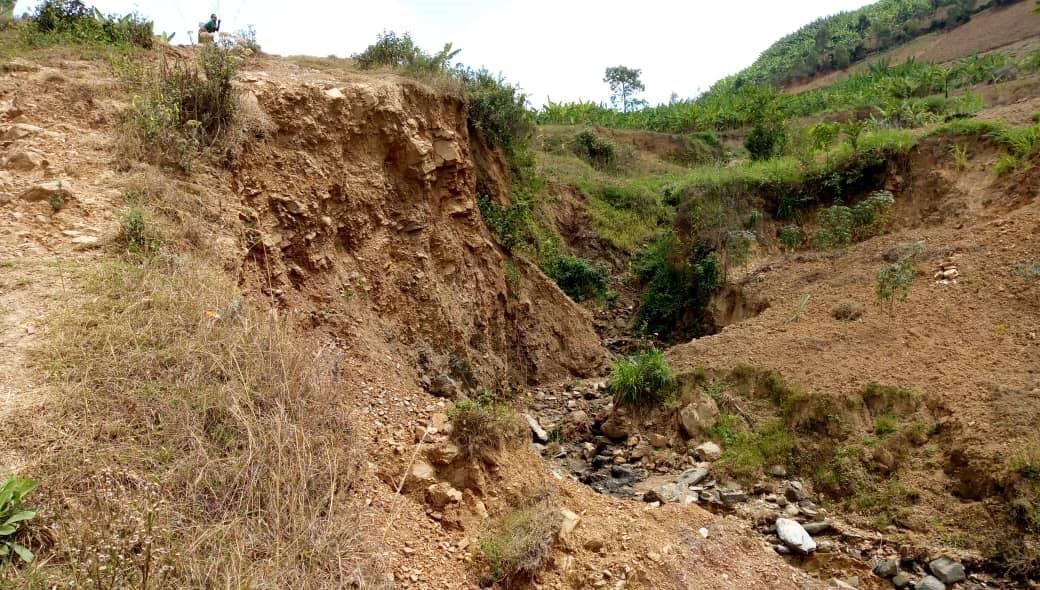
The first 2 days of the workshop (8th-9th August 2022) dealt with training regional trainers who would facilitate as experts in the subsequent regional workshops. Other 3 days (10th-12th August 2022) dealt with participants from five districts of the Western province and one district of the Southern province, including Directors of social development programs officers and Directors of Agriculture and natural resources from Rutsiro, Karongi, Nyamasheke, Rusizi, Ngororero, Nyamagabe, the Director of Districts Development Programs from the Western province as well as experts from The Ministry of Agriculture and Animal Resources (MINAGRI), Rwanda Agriculture and Animal Resources Development Board (RAB), Twigire Muhinzi, Ministry of Emergency Management, Rwanda Environment Management Authority, SONARWA insurance company, IMBARAGA farmer organization, Protestant Institute of Arts and Social Sciences (PIASS) and NGOs (Caritas Kibuye, ONE ACRE FUND), representatives from both Rwanda and Ethiopia’ Clim-ARM teams, representatives from Ethiopia Ministry of agriculture and Ethiopia Agricultural Research Center.
Characterization, mapping, and prioritization of rural livelihood, agricultural value chains and related stakeholders
Through an intensive, practical, participatory, and gender inclusive approach, participants in groups collaboratively brain-stormed and mapped the traditional cropping and livestock systems in their regions; emerging livestock and cropping systems; identified normal climate seasons, climate shocks and hazards(risks), non-climate risks, climate risks and non-climate risks mitigation measures; analyzed value chains and actors/stakeholders, and prioritized cropping systems and livestock systems for future investments blueprints.
The workshop equipped participants with a comprehensive approach to weather and climate risk and forecast assessment that informs tailored zonal/local agricultural risk management tools and investments.
The workshop outcomes included:
- The systematization of demand for ARM solutions;
- Data base for western agro-ecological zone indicating a characterization, spatial distribution and prioritization of cropping systems and livelihoods,
- Key value-chains, their climate risks, adaptive capacitive, and demand for ARM;
- Stakeholder engagement strategy; as well as stakeholder feedback on proposed Clim-ARM methodology and activities.
This workshop was able to inform participants and equip them with project proposal design, data collection and risk assessment skills.
